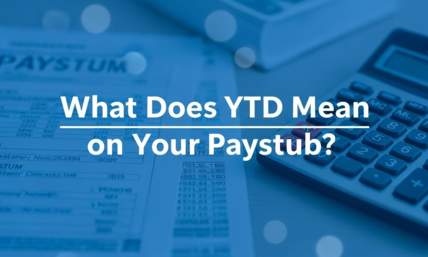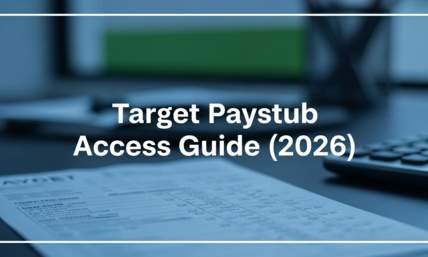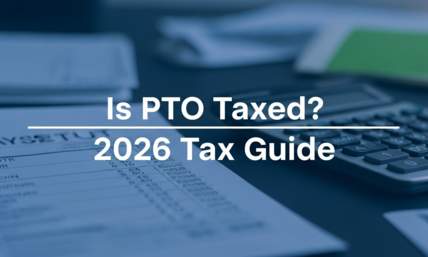The Pros And Cons Of A Bi-Weekly Payment Strategy
Bi-weekly payments are a very common strategy for businesses, but what one person considers a perfect schedule another thinks is a nightmare.
Really there is no right or wrong when it comes to this strategy, it all depends on your cash flow, your payment preferences, and your management style.
To help you understand the good and bad points, we will explain how bi-weekly payments work, along with the common pros and cons of the method.
Also read: Everything A Small Business Owner Needs
How Do Bi-Weekly Payments Work
The process is simple. For a bi-weekly payment to operate, you need to pay your employers every two weeks. You pick the day, stick to it and continue throughout the year.
In some months, the employee will receive two pay packets, in others they might be given 3. This is all due to the number of weeks in the month and nothing else.
No matter how much has been given each month, there will always be 26 payments in the year.

7 Pros Of Bi-Weekly Pay
It Helps Employees Avoid Overspending
A lot of people have problems managing their money. A month is a long time to visualize and so they end up spending all of their funds in the first two weeks, so the rest of the month they end up living on nickels.
To avoid this, you can help your employees by breaking down their payments into easy-to-visualize chunks.
Also read: The Ultimate Guide To Setting Up A Home Office that Works for You
It Can Help Reduce Debt
Because your employees will be receiving money every two weeks, they can pay off their debts or bills a lot faster than if they were being paid monthly. This means that minimum payments will be easy to make, even if the overall payment amount is the same.
Constant Cash Flow
With a bi-weekly payment, it will feel as though there is always money in the bank. If your employees tend to go on spending sprees, you know that this will not affect their budgeting ability, as they will get a new budget to look at after 2 weeks. This means your employees are less likely to be hounded by debt management companies.
Also read: What To Ask HR About Pay Irregularities

Spending Becomes More Realistic
When your employees are given a bi-weekly paycheck, they are more likely to spend their funds on utility bills and food. They won’t accidentally spend it all on games or experiences. Once the first two paychecks have been used in this way, the remaining “bonus” will feel like a treat.
This can help boost morale.
Bi-Weekly Payments Can Help With Savings
Once the bills and food shopping have been paid for, the additional paycheck can be used on the things your employees actually want. This could mean saving for a holiday, using their money for fun activities, or being responsible such as preparing for retirement.
This will make your employees more secure in their job knowing that their personal expenses are being taken care of.
Multiple Fee Bonuses
Some months will include 3 payments while others will include just 2. On the multiple payment months, your employees will feel as though they have won the lottery, and this boost of happiness will come at no cost to the employers.
Also read: Prepare Your Business For Workers Compensation Claims
Easy To Calculate Expenses
From a business point of view, bi-weekly payments make managing expenses easy. This is because you don’t need your employees to go over a whole month's worth of data, or hoard a month's worth of recipes. Instead, the lower time frame makes managing these payments easier and less stressful.
With fewer figures to look at, fewer mistakes will be made, making the whole situation smoother than a monthly payment system.
Also read: Emergency Paid Sick Leave Act - What Is It?
5 Cons Of Bi-Weekly Pay
Overtime Is Complicated
If your payments include overtime, it can be hard to calculate hourly overtime through a bi-weekly schedule. This is because overtime is either calculated through weeks or months. We suggest changing any monthly overtime methods to weekly, so it matches up with your bi-weekly payments.
Tax Deductions Are Complicated
Tax deductions have to be completed monthly, which means bi-weekly payments don’t match tax regulations. This can make calculating tax very difficult. To get past this many accountants will divide the tax expectations by 24 paydays instead of a month.
Some Months Are Lower In Pay
In the pros, we mentioned how some months will include 5 weeks, while others will only include 2 weeks. This means that some bi-weekly payments will not cover your employee's bills for the month.
Bi-Weekly Is More Expensive
Bi-weekly payment schedules are often more expensive than weekly ones. This is true both for the employee and the employer. This is because the accounting team has to spend more time on the payment structure than if it was monthly, while the employers might receive higher taxation from the lower monthly payments.

Can Cause Paycheck Stress
Because the payment can be split the month into two payments, some employees will find it hard to manage their money across this time frame. For example, if their bills are $700 and they get paid $500 twice a month, they will need to hold onto the first payment to add to the second one.
This means one full week of not spending. This type of long-winded waiting game is enough to cause many employees to experience paycheck stress.
Summary
There are pros and cons to the bi-weekly payment process, however, when you look at the details the cons are more dramatic.
Yes, some people might find the placebo bonus euphoric, and others will find it easier to manage their money when it comes to drips rather than floods. However, if your employees are on a low wage, waiting for the rest of their bill money to arrive can be overly stressful.
Secondly, implementing this technique is costly, as your accountants will have to manage your employee's wages more often.
You will also need to cap overtime allowances, to stop them from falling into a new month.
For many people, the benefits of an increased cash flow do not outweigh the drawbacks of a more expensive system.
Its also a great look to have professional pay stubs for new starters to receive when pay day comes around. Our pay stub generator will ensure of this.















